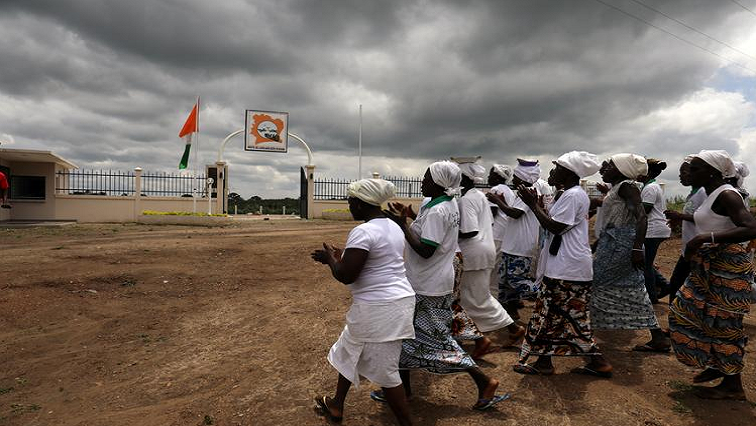National Geographic explorer Tara Roberts says storytellers and filmmakers are not doing enough to tell the stories of close to 2-million African slaves, who died during their journey on-board ships to America.
Roberts is in Durban to deliver the keynote address at the inaugural Nature, Environment & Wildlife Filmmaking Fellows’ Summit.
She is also the host of a new six-part podcast series, “Into The Depths”, that unpacks the history of the global slave trade.
Roberts’ latest works takes the listener to the bottom of the ocean. Her latest work takes her on the hunt for sunken slave ships.
She’s accompanied by Diving With A Purpose, an American non-profit organisation, that dedicates its work to finding and documenting lost, slave ships, especially those from the Atlantic slave trade. This moved African men and women to America between the 16th and 18th centuries.
Now in Durban, Roberts is set to speak to young filmmakers, scientists and storytellers from across Africa about documenting their own histories and stories.
“I think what we’re facing across the world especially for people who are of African descent, especially people who are black, is that a lot of our perspectives are not told in the world. Much of history has not been written by us, and it feels like there is an opportunity to help reframe some of the narratives that are out there there’s an opportunity to broaden the stories that are out there. So I think it’s enormously important to have local voices, to have black voices, to have young voices adding to the mix,. so if they’re being told from one perspective I think it makes it really hard.”
Black scuba divers
Speaking about her personal experience in following a group of Black scuba divers, she recalls some somber moments under the sea.
Roberts says, “To be on a journey of searching for slave ship wrecks and trying to bring that history back into memory is a very moving experience. There’s some parts of it that are sad because you know that you know what happened on the ships and with that journey might have been like for the people in the cargo hold. But at the same time, there’s also something that was really empowering and there is a whole lot of history out there on the Ocean Floor that until recently no one was looking for, so part of what we’re doing is raising the history from the ocean floor and bring it back into memory.”
She says writing about this part of history will honor those, who died at sea in this time and their families too.
“The statistic that has blown me away and really moved and touched me the most is learning that 1.8 million Africans died in the middle passage, there’s a people who were farmers, scientist who were storytellers who were mothers, daughters, fathers, husbands, wives but they were people whose names will never know, people who haven’t been grieved with have not been mourned, the memorials to these people.”
Shipwreck
She shares her recent experience in Cape Town, where a shipwreck was discovered in South African waters. Roberts and other divers took the news of the find back to Mozambique, from where the slaves were being shipped.
Roberts says, “So when they discovered this and they discovered all the details about the people on the ship, they decided to take the news back to the community in Mozambique so the Makua group ended up holding a celebration, because for the first time in over 200 years they didn’t know what happened to the ancestors. The Makua chief gave the Diver team, soil from Mozambique into the vessel and then he charged the team with going back to South Africa to the wreck site and distributing soil across the wreck, so that his ancestors could touch home for the first time in over 200 years.”
The bold image of Roberts on the March cover of National Geographic magazine beckons the reader to learn more about her year-long journey to finding the lost slave ships around the world.


